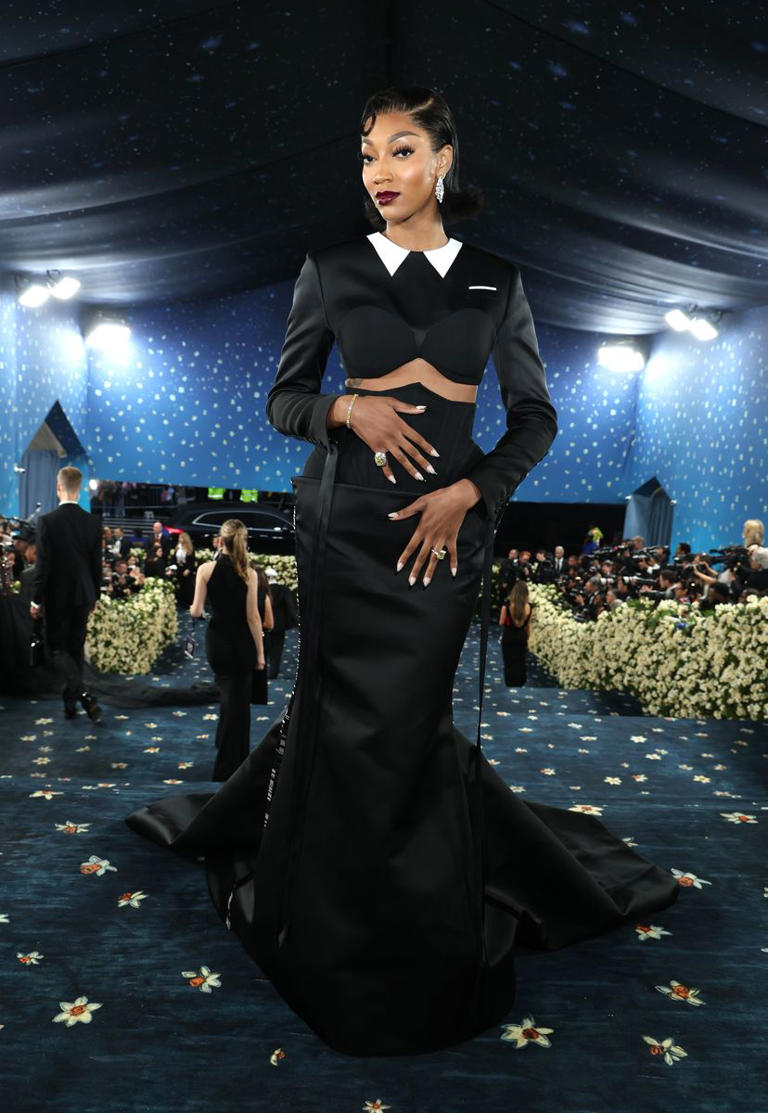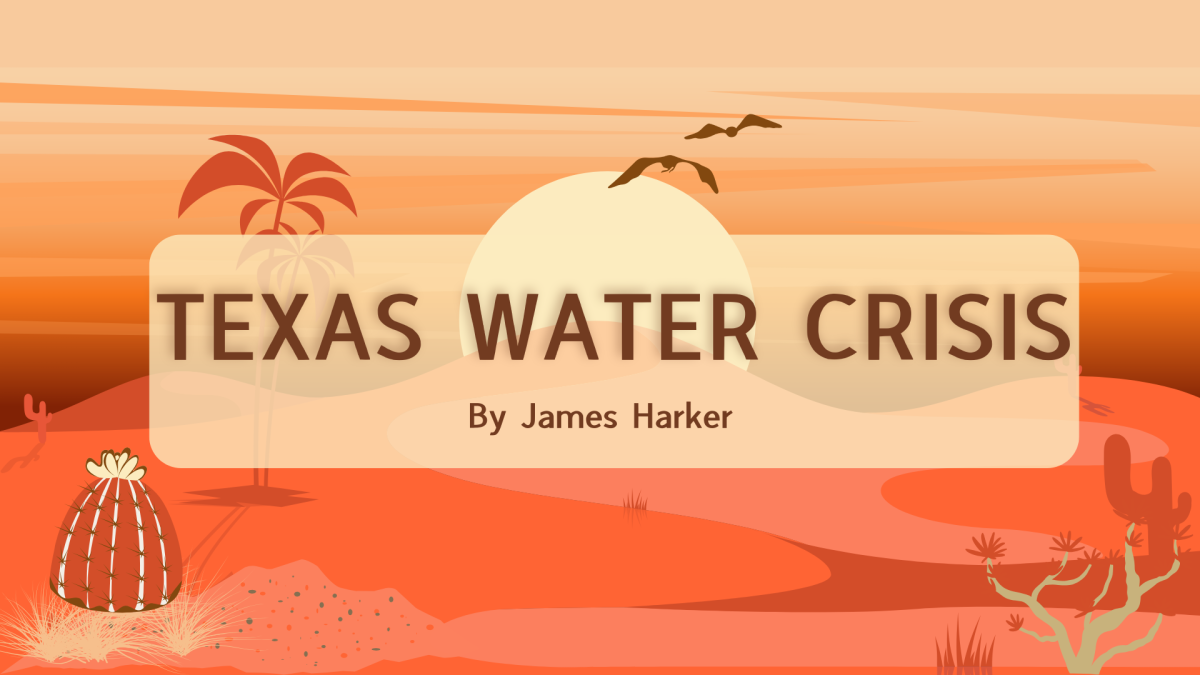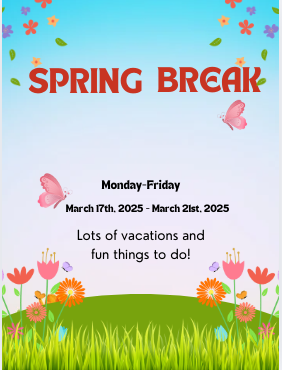Books Bans limit student’s abilities to read what they want
Books are essential to learning, but lately it seems as if access to books has become more difficult.
Books that have been challenged nationwide
Books are essential to the learning and development of young minds. They create the potential for prodigies to build and challenge their cognitive abilities, and for years students have been encouraged to read by adults and many alike. Although in recent years, it seems as if just the opposite is occurring. Books are gradually being banned throughout Texas libraries statewide, with over 800 books banned and counting – Florida trailing behind with only 566 books banned in comparison. But the question arises; why are books even being banned?
“Generally, parents or caretakers are uncomfortable with something in the book and think no one should be allowed to read it instead of only their child not reading it.” said CVMS librarian Mrs. Laura Stiles.
However, Mrs. Stiles remains confident that books won’t be banned in our district, saying, “I’m proud to work for a district that cares about people having the right to read what is right for them.” and that the district has a “great policy that is followed when a book is questioned.” However, many still have the right to worry about a surplus of books being challenged daily.
Upcoming school board elections in November raise the issue of banned books even more and the topic may have an influence over the election. Candidate Estevan Zarate said that “parents are concerned about the quality of education their children are receiving and what they will be missing due to the restrictions of books”. This hot-button issue directly affects Canyon Vista, providing the reason for Mrs. Fritch – an eighth-grade language arts teacher – to create the banned books club.
“Round Rock has a policy for getting books approved and added to a list, and the books that have been added have been really well reviewed by multiple teachers and librarians, and they’ve decided that they are a good fit for a particular age group, and whenever I am going to read a book either as a whole class novel or in book clubs, parents have the opportunity to say “no, my kid can’t read that particular book”, and that has definitely happened, even with graphic novels. It is very unusual, but there were a couple of people who didn’t want their kids to read certain books. It’s usually because they feel their kid isn’t mature enough for some of the content, or maybe they themselves disapprove of the content.” said Mrs. Fritch.
The content often deals with people of color and members of the LGBTQIA+ community. According to PEN America, 40 percent of banned titles involved protagonists of color or major secondary characters of color, and 41 percent of banned books explicitly address LGBTQ+ themes or have LGBTQ+ protagonists. Supporters of banning books with such themes often say that kids shouldn’t be exposed to explicit themes and that reading material about LGBTQIA+ is often sexually explicit. Parents say that they don’t want their kids exposed to these themes.
“It is not a matter of ‘sheltering’ kids. It is a matter of guiding them toward what is best. We are adults. It is our job to protect them – no matter how unpopular that may seem.” said Kim Heinecke, a mother of four.
Others say that exposure to different life experiences can be helpful, and LGBTQIA+ students can find solace in LGBTQIA+ reading material.
“Students should have access to culturally relevant learning materials, including books. When legislators propose books to be banned, a great many represent student culture and identity. I believe this is harmful to students as they deserve to see themselves in literature. The same can be said for LGBTQIA+ books. LGBTQIA+ students should be able to have access to books that reflect their experiences.” said RRISD Board of Trustees Vice President Ms. Tiffanie Harrison.
The entire debate of banned books can be summarized by the question, “Liberty or Safety?”. Proponents of the safety argument argue that children shouldn’t be exposed to certain themes and that, in certain situations, censorship of literature is called for. Proponents of the liberty argument say that everyone should be able to read what they want, and the wants of the few shouldn’t affect the ability of everyone to read books.

Hi. I love writing, and this is my second year writing for Canyon Echoes. I am Editor in Chief, and I'm really excited to work with Saanvi and Vedanti,...
Can cook minute rice in 59 seconds.

Hi, I like my pets, my friends, and my family. I usually play video games, do art, or read. I also take decent photos.

Hello i am connor, i have a youtube channel called gamera gigan if you want to check it out. I have a snake and a tarantula as pets. I explore the sewers...

























